Married or not, women in the United States wield unparalleled purchasing power, and those who are mothers tend to make their buying decisions after influential input from their children. These families are often stressed out and starved for time, according to mom-and-kid marketing experts Tim Coffey, David Siegel and Greg Livingston. The $1.25-trillion annual mom-and-kid market is booming with new selling opportunities for alert marketers, so the authors explain how to tap into them – though they may downplay the father’s role. getAbstract recommends this expert book of proven marketing ideas to advertisers and retailers who want to attract family shoppers.
How the Mom-and-Kid Super-Consumer Paradigm Began
The mother-and-child shopping duo, the so-called “Four-Eyed, Four-Legged” (“4i4l”) consumer, is a powerful force. This marketing combo replaces the old statistical concept of a consumer “household.” Marketers have long recognized the importance of women shoppers, and have paid steady attention to providing products and services for children. However, they generally address these two populations as separate markets with distinct ads and sales programs. The 4i4l paradigm calls for addressing them jointly, instead of selling directly to kids or counting on them to nag their moms to buy particular products. Marketers should not view mothers and children as adversaries. In reality, they are more than just partners; “they’re joined at the hip.” The maternal psyche is inborn and child-directed. Moms want to please their kids; often they feel that making their kids happy is the best way to reassure themselves that they are being good mothers. Now, sell to that.
Raising Children
Behaviorist John Watson was the United States’ first popular promulgator of a “scientific” approach to childrearing. In the 1920s, he said...
Tim Coffey, Dave Siegel and Greg Livingston have many years of marketing and advertising experience. They founded The WonderGroup, a Cincinnati, Ohio, agency specializing in marketing to kids and moms. They also co-wrote The Great Tween Buying Machine.









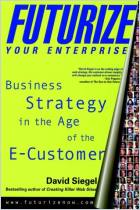
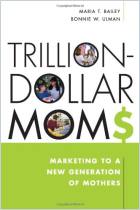
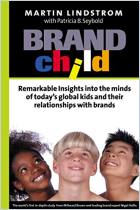
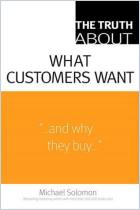
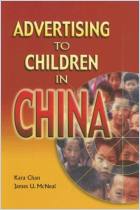
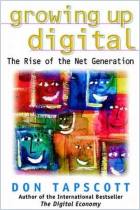
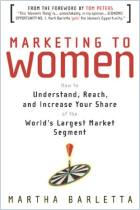



Comment on this summary